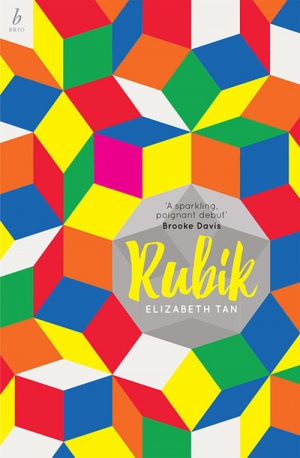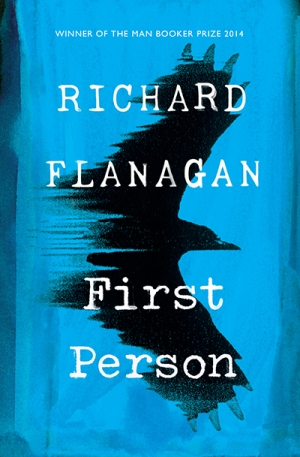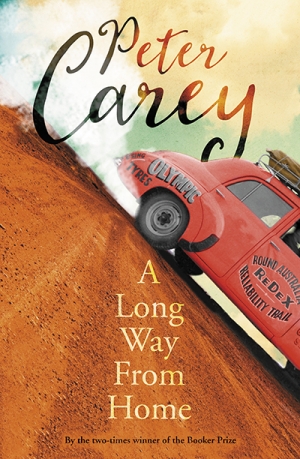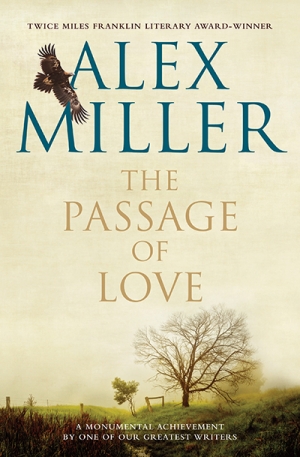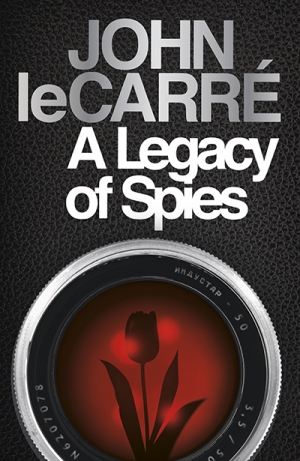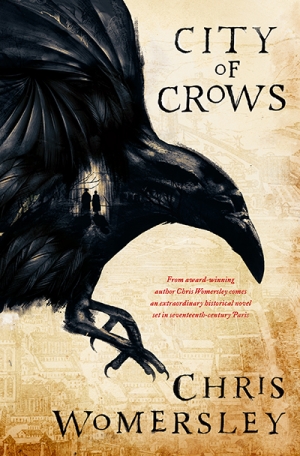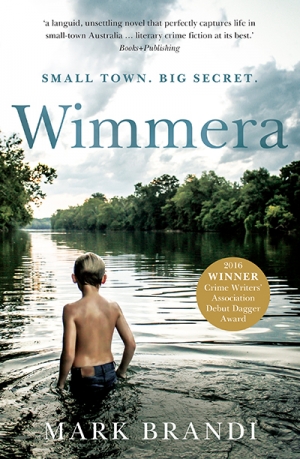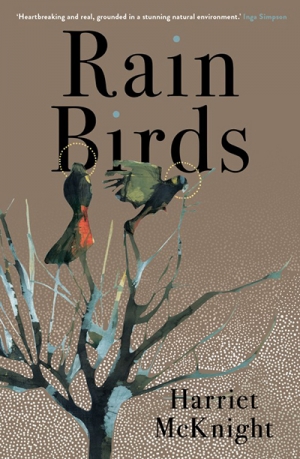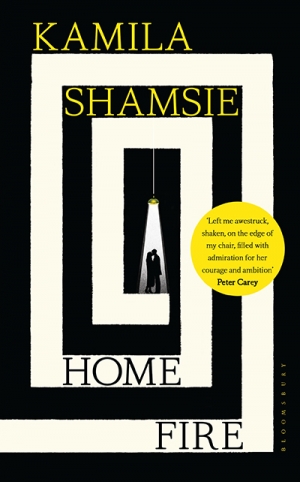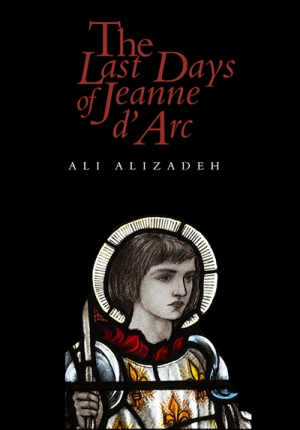Fiction
Invoking the Rubik’s Cube – a puzzle where twenty-six ‘cubelets’ rotate around a core crosspiece – Rubik is less a novel and more a book of interconnected short stories exploring narcissism, neoliberalism, and consumerism. At the book’s core is Elena Rubik, who dies in the first chapter with a Homestyle Country Pie in ...
... (read more)The literature of the modern era contains any number of stories about doppelgängers, divided selves, alter egos, obsessive relationships, and corrosive forms of mutual dependence. The enduring appeal of these doubling motifs is that they give a dramatic structure to abstract moral and psychological conflicts, but they can also ...
... (read more)On learning that the premise of Peter Carey’s new novel involved a test of automobile reliability on a round trip across Australia, my first response was to dismiss it as a thin conceit for encompassing the country’s remoter landscape within a work of the imagination. The internet, however, quickly delivered old Pathé newsreels ...
... (read more)Geordie Williamson reviews 'The Passage of Love' by Alex Miller
Every author has some version of origin story: a narrative describing what it was that first compelled him or her to write, or at least what attracted them to the role. You can hear the tale harden into myth as an emerging author shapes themselves to those obligatory rubrics of self-disclosure required by writers’ festivals. Sometimes ...
... (read more)Simon Caterson reviews 'A Legacy of Spies' by John le Carré
Sherlock Holmes, fairly early on in his career, survived an attempt by Arthur Conan Doyle to kill off the character in ‘The Adventure of the Final Problem’. Although Conan Doyle had wanted to dispense with Holmes and write about something else, he bowed to the pressure to continue the great detective’s adventures that ...
... (read more)David Whish-Wilson reviews 'City of Crows' by Chris Womersley
Every Chris Womersley novel represents a significant departure from the last. Following his award-winning and magnificently dark début, The Low Road (2007), and his Miles Franklin shortlisted Bereft (2010), and Cairo (2013), City of Crows is his first novel set entirely outside Australia. An acutely crafted historical fiction, it ...
... (read more)Jay Daniel Thompson reviews 'Wimmera' by Mark Brandi
The tagline of Wimmera is ‘Small town. Big secret’. Mark Brandi’s first novel does indeed feature a secret (and a grim one, at that), but it also offers a disturbing insight into Australian masculinity. The book opens in the country circa 1989. Ben and Fab are primary school students who, both misfits, while away the hours catching ...
... (read more)In Harriet McKnight’s début novel, a story about early onset dementia is offset by a second conservation-focused narrative involving the glossy black cockatoo. This braided structure immediately creates anticipation about where and how the two stories will meet. Pina is the primary carer for her husband, Alan, whose illness ...
... (read more)Sophocles might not have foreseen when he wrote his tragedy Antigone in 441 BCE that the issues he explored would remain topical in 2017. In the play, Polynices, Antigone’s brother, has died whilst attacking Thebes, his own city, in a bid for the crown. Creon, king of Thebes, has ordered that Polynices’s body be left unburied ...
... (read more)Shannon Burns reviews 'The Last Days of Jeanne d’Arc' by Ali Alizadeh
The many gaps in the verifiable history of Jeanne d’Arc’s early years in rural France, as well as her improbable rise to prominence and martyrdom, have left room for a considerable amount of speculation and projection over the centuries. There is no shortage of fictional or historical accounts of her life, or ways of characterising ...
... (read more)
